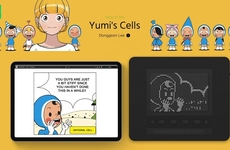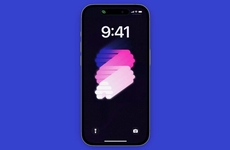
Braillevoice Reads the News Aloud to Those with Visual Impairments
Ellen Smith — March 27, 2018 — Tech
References: braillevoice & psfk
It can be difficult for people with visual impairments to access online news, which is why BrailleVoice is serving as such a valuable resource, and an important step toward a more accessible future for all.
The touch-tone interface features a news database of over 30 sources and can be accessed through one's mobile phone for free. After dialing the number, users are presented with a variety of article headlines that are communicated to the user using text to speech technology from sources like The New York Times, The Guardian, Mashable, TechCrunch and more.
Advancements in technology don't benefit everyone, and BrailleVoice is ensuring that those with visual impairments can have the same access to information as able bodied people.
The touch-tone interface features a news database of over 30 sources and can be accessed through one's mobile phone for free. After dialing the number, users are presented with a variety of article headlines that are communicated to the user using text to speech technology from sources like The New York Times, The Guardian, Mashable, TechCrunch and more.
Advancements in technology don't benefit everyone, and BrailleVoice is ensuring that those with visual impairments can have the same access to information as able bodied people.
Trend Themes
1. Audio News Accessibility - Technologies that make news more accessible to those with visual impairments have the potential to disrupt traditional news delivery systems.
2. Text-to-speech Technology - Advancements in text-to-speech technology have the potential to improve accessibility for people with visual impairments in many industries beyond news.
3. Mobile Accessibility - More industries can adopt mobile interfaces to make their products and services accessible to a wider range of users.
Industry Implications
1. News Media - Traditional news media can innovate to serve people with visual impairments and other disabilities more effectively.
2. Telecommunications - Telecom companies can develop more intuitive interfaces and voice recognition technologies to improve communication accessibility.
3. Education - Interactive programs for education with audio cues and descriptions can help ensure visually impaired students have equal access to learning resources.
1.7
Score
Popularity
Activity
Freshness























